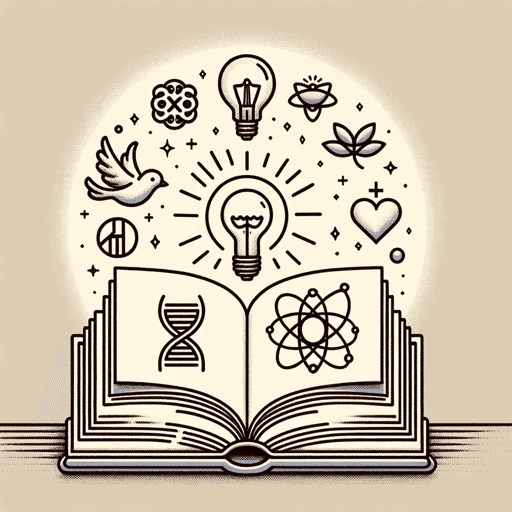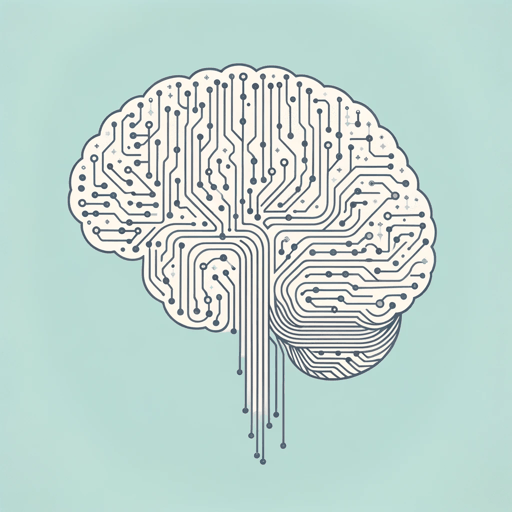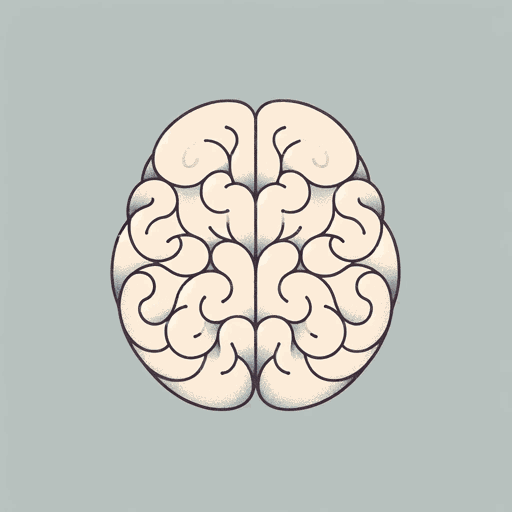79 pages • 2 hours read
Steven PinkerEnlightenment Now: The Case for Reason, Science, Humanism, and Progress
Nonfiction | Book | Adult | Published in 2018A modern alternative to SparkNotes and CliffsNotes, SuperSummary offers high-quality Study Guides with detailed chapter summaries and analysis of major themes, characters, and more.
Part 2, Chapters 12-15Chapter Summaries & Analyses
Chapter 12: “Safety” Summary and Analysis
Humans are inherently vulnerable to many threats, including natural disasters, predatory animals, toxic plants, accidents, and violence. Pinker credits “human ingenuity” for decreasing risk in daily life by investigating different causes of injury and fatalities. He announces an intention to uncover in this chapter how people successfully lowered the rates of lethal accidents and violence, beginning with homicide. Homicide rates were high in Europe’s early middle ages but began to decrease as kingdoms became more stable and centralized in the 14th century. As trade increased across communities, a culture of dignity—earned through following a code of conduct—began replacing a “macho culture of honor” (169). In later centuries, law enforcement and the court system became more “professionalized,” helping decrease homicides and other violent crime. Pinker argues that many other countries—including England, the Netherlands, and Mexico—replicated this pattern, pointing to the pacifying effect of a central government and law enforcement.
He claims that one pessimistic view about violence is that it can never be reduced without eradicating its potential causes, such as poverty or racism. Pinker notes that this perspective ignores the pragmatic steps to address the symptoms of violence that have successfully lowered homicide rates. In addition, he notes that the causes of violence are complex and that treating the symptoms is easier than addressing the perceived causes.
Related Titles
By Steven Pinker
Featured Collections
Books on Justice & Injustice
View Collection
Business & Economics
View Collection
Canadian Literature
View Collection
Class
View Collection
Class
View Collection
Climate Change Reads
View Collection
Common Reads: Freshman Year Reading
View Collection
Contemporary Books on Social Justice
View Collection
Education
View Collection
Equality
View Collection
Globalization
View Collection
Health & Medicine
View Collection
Nation & Nationalism
View Collection
Philosophy, Logic, & Ethics
View Collection
Politics & Government
View Collection
Popular Study Guides
View Collection
Psychology
View Collection
Science & Nature
View Collection
Sociology
View Collection
Truth & Lies
View Collection






